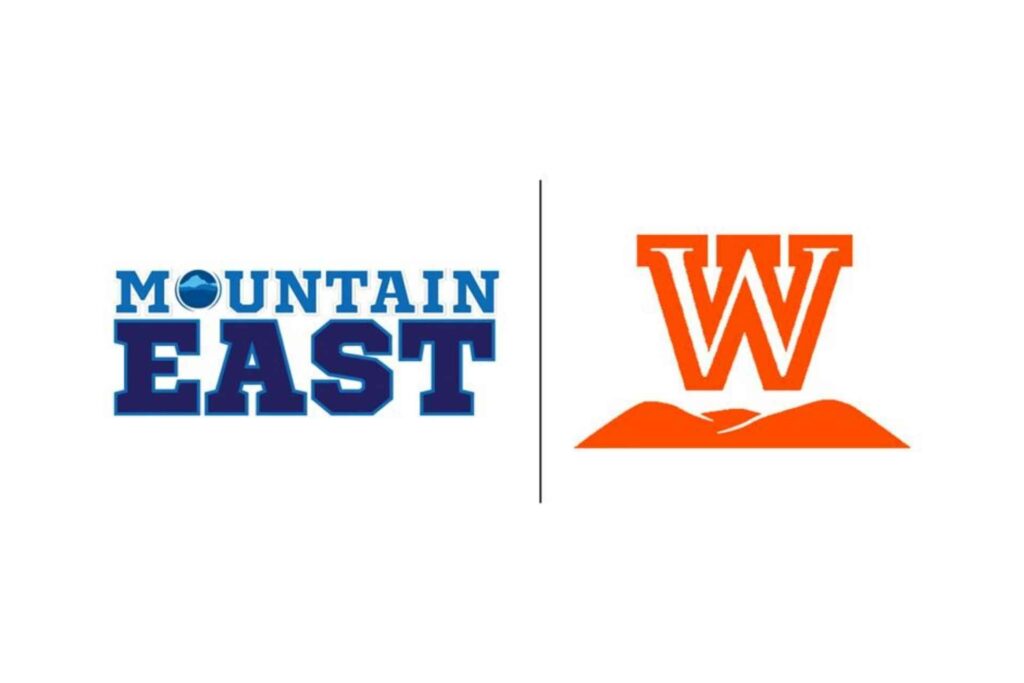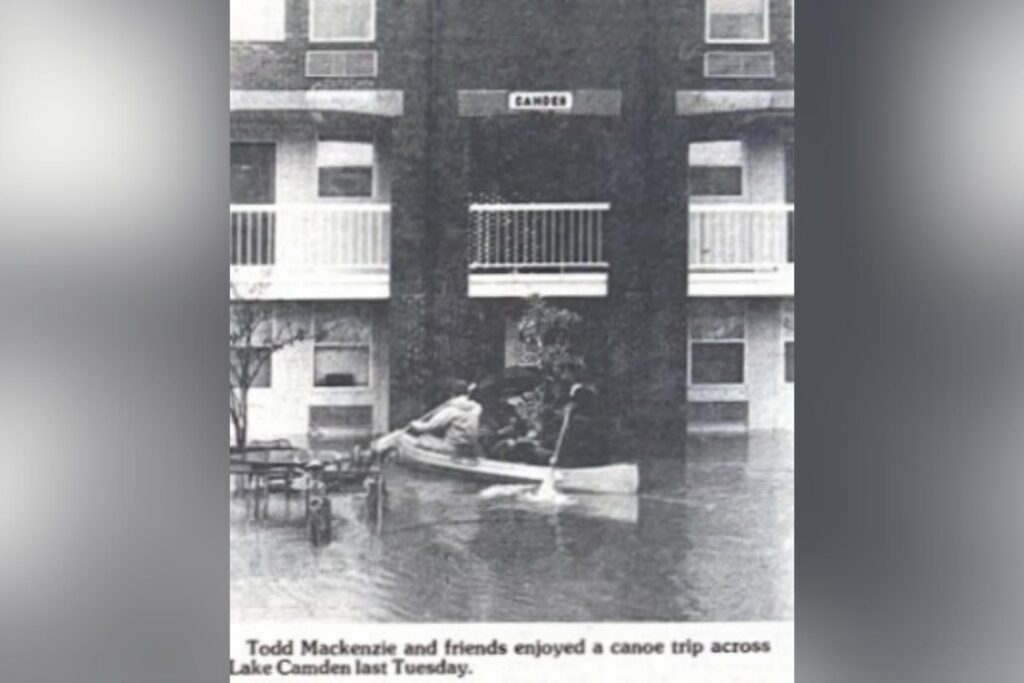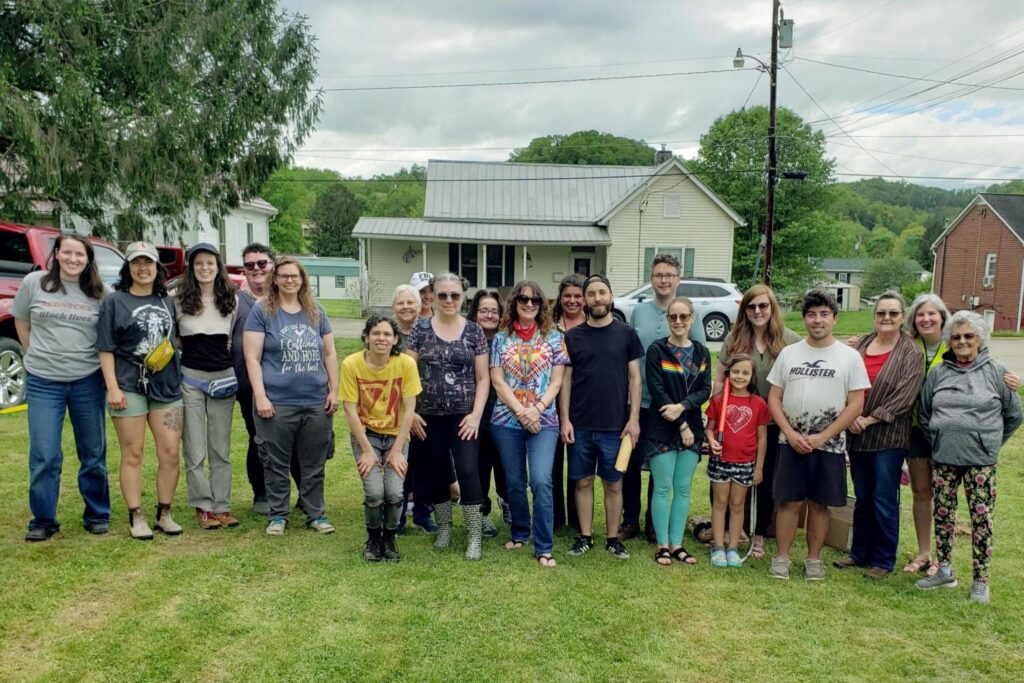Editor’s note: This story was originally published by Mountain State Spotlight. Get stories like this delivered to your email inbox once a week; sign up for the free newsletter at https://mountainstatespotlight.org/newsletter
By Allen Siegler, Mountain State Spotlight
For the past 20 years, Ryneal Medical Transport served West Virginians in the Eastern Panhandle when they were at their most vulnerable.
If a Jefferson County resident was bed-ridden with end-stage liver disease, Ryneal could drive them to and from the hospital. If a Berkeley County senior citizen needed their oxygen tank managed on the way to a dialysis appointment, Ryneal could help.
“The first 15 years was great,” said Mary Helmick, Ryneal’s president and co-owner. “Actually, it was great up until COVID hit.”
That’s when staffing issues, paired with ride reimbursements that left little-to-no room for profits, began to cripple the organization, according to Helmick. She and her husband kept Ryneal alive for a while longer. But last January, they decided it was time to close, ending a service that in Helmick’s estimation would respond to 8,000 to 10,000 medical calls a year with their fleet of 24 specialized vehicles.
While there are a few other Eastern Panhandle organizations that provide the same types of services Ryneal did, none of them have the capacity to fully make up for the company’s absence. Many local health care workers understand why the organization shut its doors, but transporters and doctors alike say the change has made it even more difficult for some residents with life-threatening conditions to get to and from the hospital.
“If there’s no Ryneal, they can’t safely leave the hospital because [staff] have no way to get them the continued care they need,” said Dr. Michael Londner, an emergency medicine physician and vice president of medical affairs at WVU Medicine Berkeley Medical Center. “They literally now are living in the hospital until we can sort out a solution.”
Problems related to health care transportation aren’t unique to the Eastern Panhandle; patients and providers have experienced problems accessing health care in other parts of West Virginia.
But Ryneal’s closure highlights how West Virginians in the area rely on the medical transport system to get quick and effective health treatment — and how care suffers for all when one of those interdependent pieces goes away.
“It’s its own ecosystem,” said Chad Winebrenner, the chief of operations for Berkeley County Emergency Ambulance Authority. “Even though we’re not directly tied in, that domino effect, it still gets to you.”
Needs unmet without Ryneal
There are many ways transportation issues can prevent patients from addressing their health needs. But in the Eastern Panhandle, Londner says the problem most exacerbated by Ryneal’s closure has been for patients who require special accommodations while in transit.
People who need this kind of trip range from those on dialysis who need stretchers to be transported to someone who needs oxygen administered on their way back from a chemotherapy session. It’s a population that requires either an ambulance or similarly-equipped vehicles to get from place to place.
Helmick remembers one of Ryneal’s last long trips, transporting a patient dying of cancer from Martinsburg to Emerald Isle, North Carolina, as one of these types of journeys. She said one of the woman’s dying wishes was to be at her home when she passed away.
“We got her home at seven o’clock that night,” Helmick said. “She passed away at seven o’clock the next morning. We were very fortunate to get her home.”
In a post-Ryneal world, it’s becoming increasingly harder for Eastern Panhandle patients who need that kind of specialized medical transport to access it, even for trips that start and end within West Virginia’s borders. Londner said the region has struggled with these rides as long as he can remember, but the problem has expanded, first with an increased need from the COVID-19 pandemic and now with Ryneal’s closure.
There are other smaller companies in the area Ryneal served — primarily Berkeley, Jefferson and Morgan counties — that still offer specialized medical transportation services. The area’s two major hospital systems, Valley Health and WVU Medicine, each have a fleet of vehicles, as does a local private company called Patient Care Transport.
But the region has seen large population growth over the past decade; it’s now home to over 200,000 people and has a higher-than-average disability prevalence. Even with the other service options, there is still a large unmet demand, according to Londner and Ali Hadavand, Patient Care Transport’s Chief Operating Officer. Hadavand said his company, plagued by the same staffing shortages felt by health care organizations across the country, is down to only three emergency medical technicians.
He thinks Patient Care could be shouldering more of the need left behind by Ryneal’s closure if it had more qualified employees.
“We’re doing our best,” Hadavand said. “I could definitely run two more trips a day at least.”
Now, the problem has become so severe that Berkeley Medical Center has held off from discharging some patients at all. Londner said that as of mid-June, one bed-bound patient who needs frequent dialysis treatments has been in the hospital for 158 days.
“He would need an ambulance three days a week to get him there,” Londner said. “And we don’t have any way to do that for him…We can’t safely discharge him knowing that he will not be able to receive care.”
The effects of this transportation gap are far-reaching. Emergency room wait times have risen for all patients, partly because hospitals can’t discharge people who are ready to either leave or be transferred but don’t have appropriate rides available, according to Winebrenner of the Berkeley County Emergency Ambulance Authority.
“It just becomes a pretty big backup when that chain gets broken,” he said.
Mitigation possible with the right policies
Some of the factors that led to Ryneal’s closure, like health care workforce shortages, are problems that communities across the country struggle to address adequately. But others are issues that local policymakers could take steps to mitigate.
In Ryneal’s January letter announcing its closure, Helmick and her husband cited low insurance reimbursement rates for rides as a major reason. While inflation raised the operational prices of goods like gas in recent years, the amount insurance providers like West Virginia’s Medicaid and Public Employee Insurance Agency paid Ryneal and other medical transport companies for their work didn’t keep pace.
“This year it was going to hit harder,” she said.
While Ryneal may no longer exist, Londner thinks the only way future private companies can operate and succeed in the area is for insurance groups to raise their medical transportation reimbursement rates. It’s something he believes to be crucial for West Virginia’s Eastern Panhandle and, as it pertains to PEIA and Medicaid, something in West Virginia lawmakers’ power to address.
“You need the reimbursement to be higher so that people can afford to make a living being a transport company,” he said.
It’s also not just private transportation. Despite some legislative action during the 2023 session, local emergency medical service agencies are also struggling with funding and retaining staff members. Some West Virginians have said making sure state lawmakers support these programs financially is crucial to creating robust local medical transportation systems.
To address staffing issues, Hadavand of Patient Care believes it’s important for local policy makers to think about ways to get kids interested in becoming paramedics and EMTs. Some parts of the country have EMS programs that engage kids in middle and high school, offering early exposure to the professions.
While programs like that may not completely reverse health care workforce shortages, Hadavand sees sparking a medical transportation interest in young people as important for his industry.
“I’m not sure how to do it,” he said. “But I think that would help, having more kids wanting to go down this path.”
Reach reporter Allen Siegler at allensiegler@mountainstatespotlight.org.














